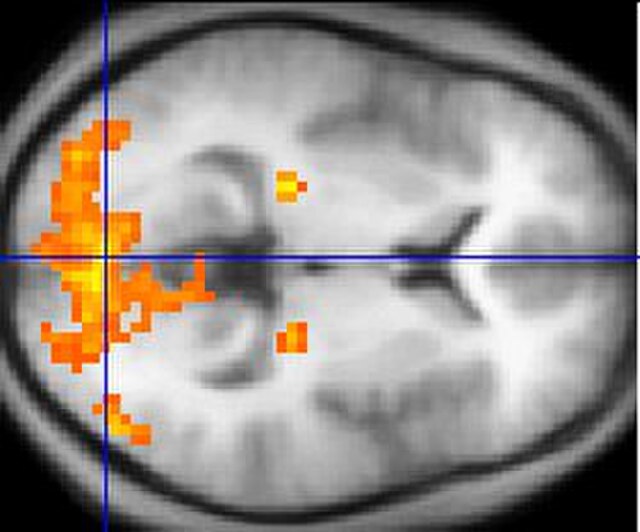In the philosophy of mind, panpsychism is the view that the mind or a mind-like aspect is a fundamental and ubiquitous feature of reality. It is also described as a theory that "the mind is a fundamental feature of the world which exists throughout the universe". It is one of the oldest philosophical theories, and has been ascribed to philosophers including Thales, Plato, Spinoza, Leibniz, William James, Alfred North Whitehead, Bertrand Russell, and Galen Strawson. In the 19th century, panpsychism was the default philosophy of mind in Western thought, but it saw a decline in the mid-20th century with the rise of logical positivism. Recent interest in the hard problem of consciousness and developments in the fields of neuroscience, psychology, and quantum mechanics have revived interest in panpsychism in the 21st century.
Two iwakura – a rock where a kami or spirit is said to reside in the religion of Shinto
Illustration of the Cosmic order by Robert Fludd, where the World soul is depicted as a woman
In the art of the Japanese rock garden, the artist must be aware of the "ishigokoro" ('heart', or 'mind') of the rocks.
Axioms and postulates of integrated information theory
The Philosophy of mind is a branch of philosophy that deals with the nature of the mind and its relation to the body and the external world.
Portrait of René Descartes by Frans Hals (1648)
John Searle—one of the most influential philosophers of mind, proponent of biological naturalism (Berkeley 2002)
Since the 1980s, sophisticated neuroimaging procedures, such as fMRI (above), have furnished increasing knowledge about the workings of the human brain, shedding light on ancient philosophical problems.







